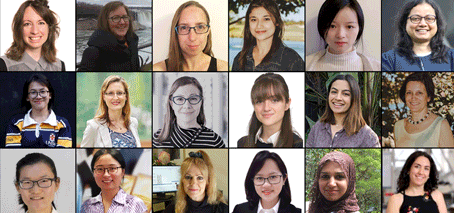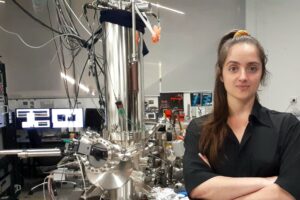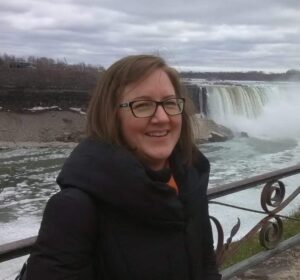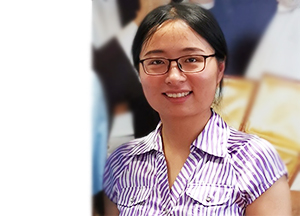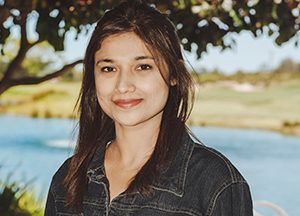Why would we need a special day to celebrate women in science?
February 11th marks the International Day of Women and Girls in Science, promoted by the United Nations.
According to the UN, less than 30% of the researchers worldwide are women. This means that there’s twice as many men as there are women! In fields like Mathematics, Physics and Engineering the fraction of women scientists is even smaller.
The truth is that it’s hard to be a scientist regardless of the gender. Long nights staring at the data, job uncertainty until late in your career, the impostor syndrome ready to sneak up on you at every “failure”… On top of that, if you’re a woman, you can (still, alas!) experience discrimination, not be recognized for your work, and even feel a bit lonely in an environment predominantly made of males.
Today, we celebrate the women and girls that despite all of that, contribute to science and progress everyday with a smile on their face. To do so, we asked women in FLEET what it is that they love about being a scientist.
AI Karen Livesey, at the University of Newcastle, loves “being able to use mathematics to explore the physical world around us, plus communicating that joy to others.”
Julie Karel, CI at Monash, says “I get to work with really great people on problems that interest me. I love that I get to constantly learn new things!”.
According to Baoyue Zhang, researcher at RMIT, “The most exciting moment in human’s life is the sudden discovery. I will be happy if my findings can make this world a bit better.”
“I love how it combines logic and creativity.” says CI Meera Parish, at Monash. “There’s the challenge of dreaming up original ideas that lie within the boundaries set by nature and mathematics.”
Semonti Bhattacharyya, postdoctoral researcher at Monash University, says that “I love that I get to chase after the questions about the universe that are important to me, and once in a rare while I can be the first witness when universe answers those questions.”
PhD candidate Wafa Afzal, from the University of Wollongong, loves “the whole process of the experimental research, thinking about a problem, designing a way to solve it, trying different ways, failing at it many times, thinking of other solutions and the pure joy and the sense of achievement when you get something interesting out of it. I love it as it is learning new things each day not only in terms of science but life in general, to be patient and never give up!””
FLEET shares a responsibility with other science organisations to address the under-representation of women in science, particularly in physics. FLEET’s steps to improve this include addressing the infamous ‘leaky pipeline’, retaining women with the Women in FLEET scholarships and Women in FLEET Fellowships.
Research confirms that diverse teams do better science. We know that by improving our performance with respect to gender equity and diversity, we are not only doing what’s fair, we will also improve the effectiveness of our research teams.
Meet the women in FLEET, past and present.
—written by Dr Iolanda Di Bernardo
Women in FLEET Fellow, Monash University

